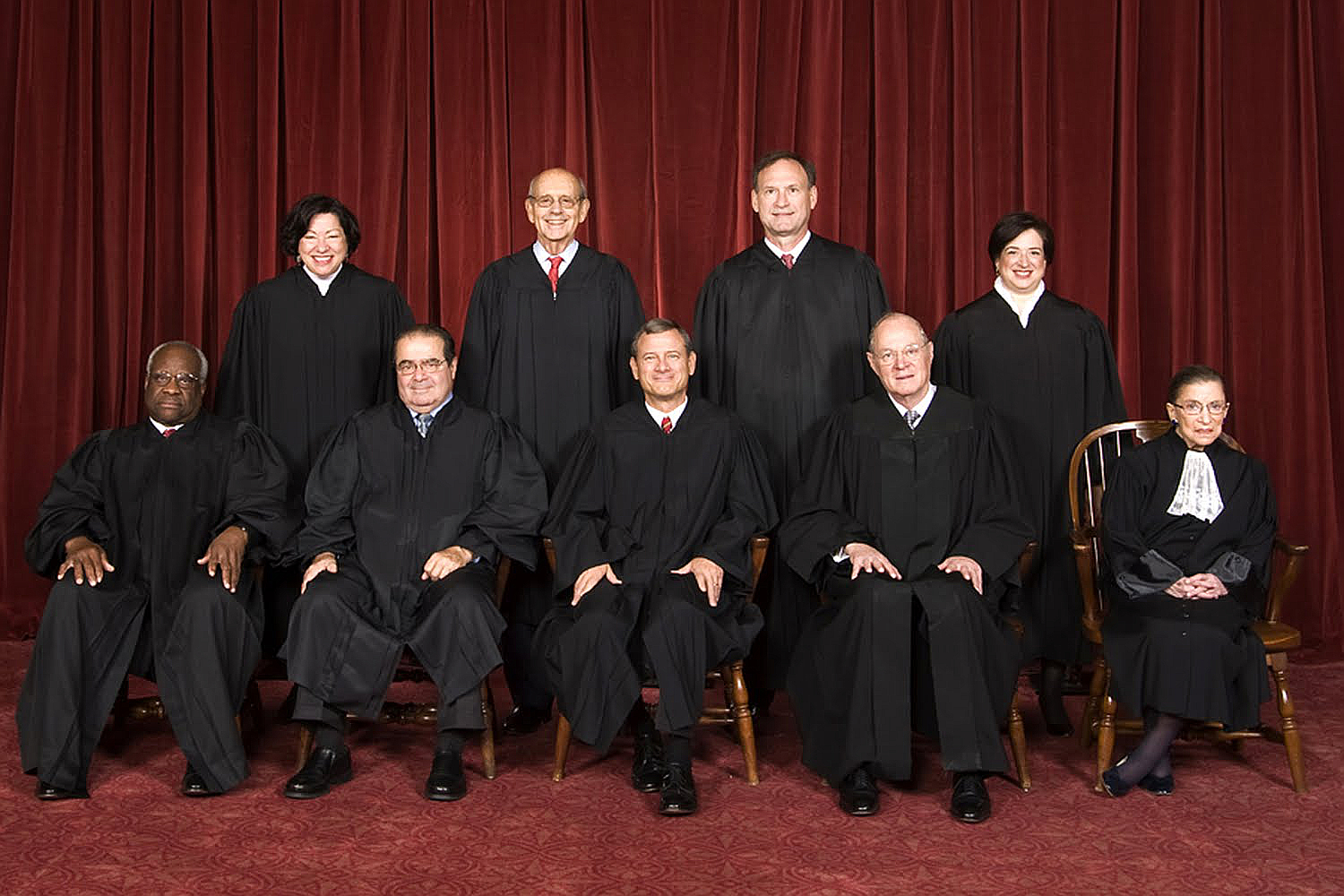The impediments to same-sex marriages throughout the country are being washed away. This trend has continued in the wake of the landmark Supreme Court decision last year (Windsor v. U.S, No. 12-307, 6/26/13) invalidating Section 3 of the Defense of Marriage Act (DOMA).
In the latest development on October 6, 2014, the U.S. Supreme Court refused to hear cases from five states — Indiana, Oklahoma, Utah, Virginia and Wisconsin – where same-sex marriage is prohibited by state law. If six other states covered by the same circuit appeals court — Colorado, North Carolina, South Carolina, Kansas, West Virginia, and Wyoming – drop their bans as expected, the number of states allowing same-sex marriage would increase from 19 to 30, or more than half the 50 states.
What are the financial repercussions? Although certain aspects are still being sorted out, here’s a brief summary of the lay of the land in several key areas.
Income taxes: The IRS says a same-sex couple should be treated like a traditional married couple for all federal income tax purposes if they’ve entered into a marriage in a state where such a marriage is legal. It doesn’t matter if the couple resides in a state where same-sex marriage is banned. If a couple chooses to do so, it can file an amended return for a open tax year, but they’re not obligated to do so. State law still control for state income tax purposes.
Estate and gift taxes: Under federal law, the unlimited marital deduction generally shelters transfers between spouses from estate and gift taxes. Because same-sex couples are now treated like traditional married couples, planning opportunities exist. For instance, documents such as wills and trusts may be revised to maximize the benefits of the federal estate tax exemption, including using the portability provision for any remaining exemption of a deceased spouse. Naturally, state law controls concerning state death and inheritance taxes.
Social Security benefits: Prior to the Windsor decision, a surviving spouse in a same-sex marriage wasn’t eligible to receive Social Security retirement benefits based on a deceased spouse’s earnings record. Now such a claim may be filed with the Social Security administration (SSA) if a couple was married in a state permitting same-sex marriages and the survivor resides in a state recognizing same-sex marriage. However, for the time being, the SSA says it will continue to follow state law on other claims.
Qualified retirement accounts and IRAs: The rights and benefits for same-sex married couples now mirror those for traditional married couples if one spouse participates in a qualified retirement plan like a 401(k) plan – regardless or whether the employer is based in a state recognizing same-sex marriages. Thus, a surviving spouse in a same-sex marriage may benefit from favorable distribution rules under the law. Similarly, rules benefitting a surviving spouse of an IRA holder are extended to a surviving spouse in a same-sex marriage.
Employee benefits: Employees may be eligible for employer-provided fringe benefits like health insurance. Previously, if a health insurance plan covered a same-sex spouse of an employee, the employee spouse was taxed on the value of the coverage. Now the coverage is tax-free — just like it is for spouses of traditional marriages. Other rules involving fringe benefits involving employees in same-sex marriages are still evolving .
Divorce: While it is definitely getting easier these days for same-sex couples to get married, the same is not necessarily true for divorcing. It is especially complicated if a couple was married in a another state permitting same-sex marriages but seek a dissolution in a state where such marriages aren’t allowed. Again, the laws in this area are still evolving, so you can expect more developments in the near future.
Thanks for reading CPA Practice Advisor!
Subscribe Already registered? Log In
Need more information? Read the FAQs
Tags: Benefits, Income Taxes, IRS, Taxes





